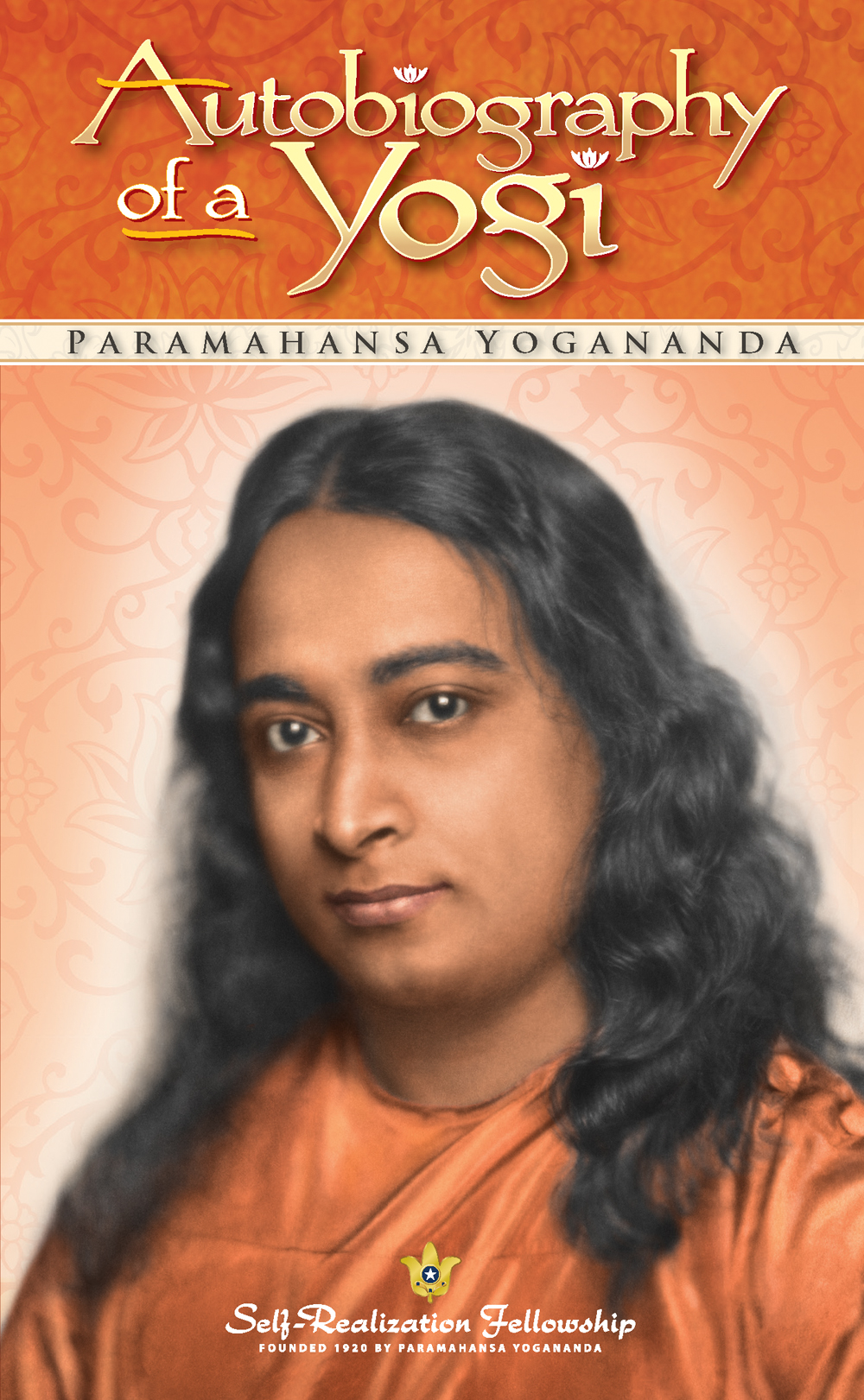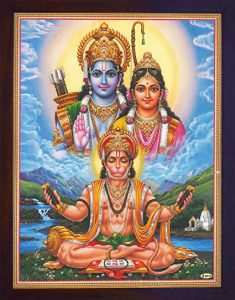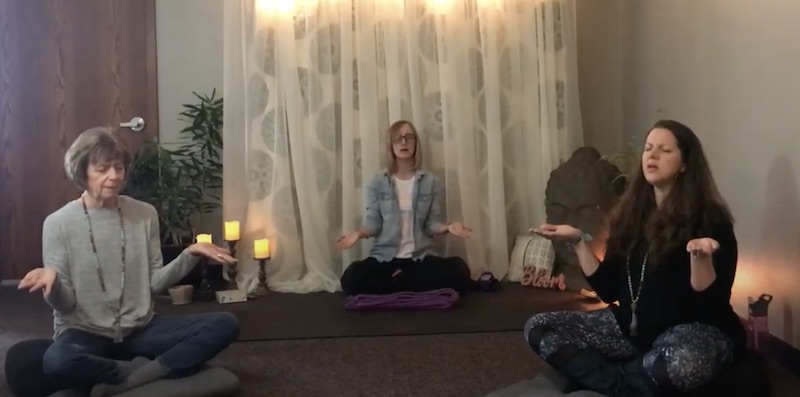The Way of Light
As grime upon a looking glass obscures,
The patterns of conditioned mind conceal
The fundamental truth of what is real
And to the consciousness falsehood inures
Distortion both profound and slight occurs
Without which would the clearer light reveal
A way to live serene and more ideal
The Path Eternal victory assures
I shall polish the mirror of my heart
With the dust of my Guru’s lotus feet
Shall sing the names of God who shelters me
Shall keep my word without pretense or art
Shall walk the Way of Light with no retreat
Shall know the truth and it shall make me free

 I began chanting the
I began chanting the 